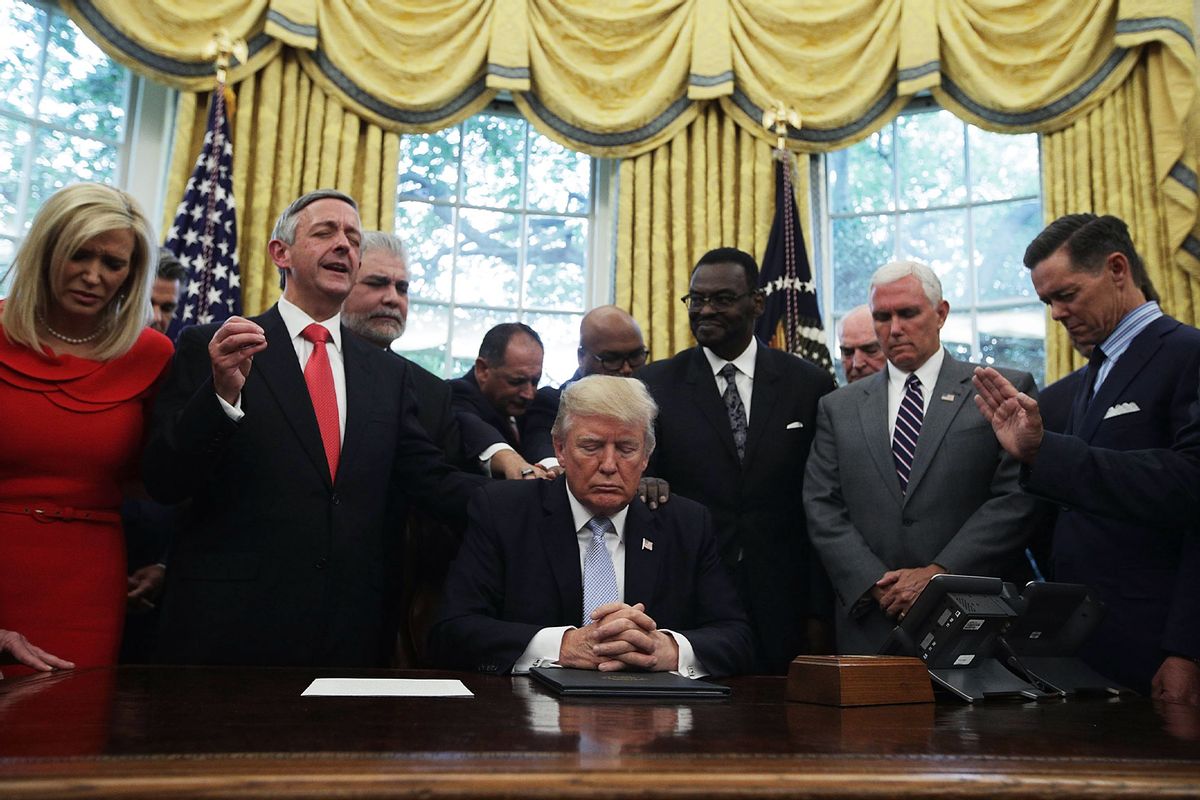Colonel Young Oak Kim
Reps. Marilyn Strickland, Andy Kim, Young Kim, and Michelle Steel—the four Korean American Members of Congress—introduced a bipartisan bill this week to award the Congressional Gold Medal to Colonel Young Oak Kim in recognition of his extraordinary heroism, leadership, and humanitarianism.
Young Oak Kim was born to Korean American immigrants in Los Angeles in 1919. Upon the outbreak of World War II, Kim tried to enlist in the U.S. Army but was denied because he was Asian American. Once Congress extended conscription to Asian Americans, however, Kim embarked on a remarkable military career.
“Despite the barriers and racism he faced because of his heritage, Colonel Kim excelled in his service—both in our military and in our community. He is more than deserving of this high honor as a military hero during both World War II and the Korean War,” said Strickland.
“Passing this resolution would recognize Col. Kim’s impact on countless lives, resilience against systemic racism, and his bravery fighting for our nation,” said Rep. Andy Kim.
Among his courageous achievements, Young Oak Kim volunteered to infiltrate German territory to obtain information that helped lead to the liberation of Rome. Kim was awarded the Distinguished Service Cross for his valor.
Rep. Young Oak Kim said, “I am humbled to use my voice to honor him, just as he told me to honor our shared name, our country and duty to public service. I am glad that all Korean American members of Congress could come together to work to award him this belated and well-deserved Congressional Gold Medal.”
Kim rejoined the U.S. Army when the Korean War began in 1950. As commander of the First Battalion, 31st Infantry Regiment, he became the first officer of color in U.S. history to command an Army battalion on the battlefield.
“Col. Kim is more than deserving of this honor and I am proud to join my colleagues in recognizing his public service and heroism.” said Steel.
In 1972, Kim retired from the Army at the rank of Colonel. Upon returning to Los Angeles, Kim became a civic leader. Throughout the 1980s and 1990s, Kim founded cultural centers and non-profits to serve the community’s pan-Asian immigrant community. Kim’s institutions, including the Koreatown Youth and Community Center, the Center for the Pacific Asian Family, and the Korean Health, Education, Information and Research Center, continue to serve the community today.





















Discussion about this post